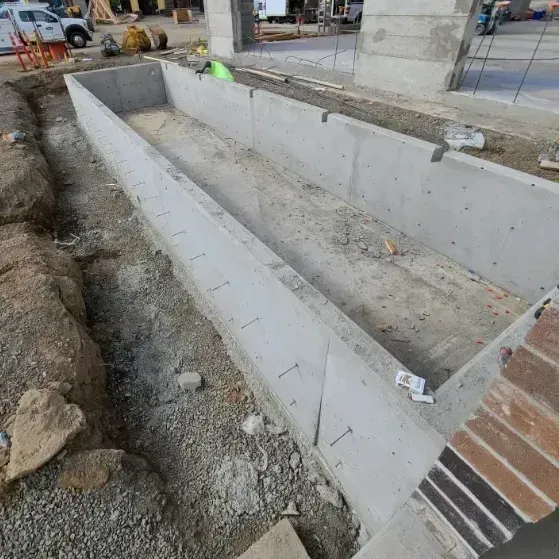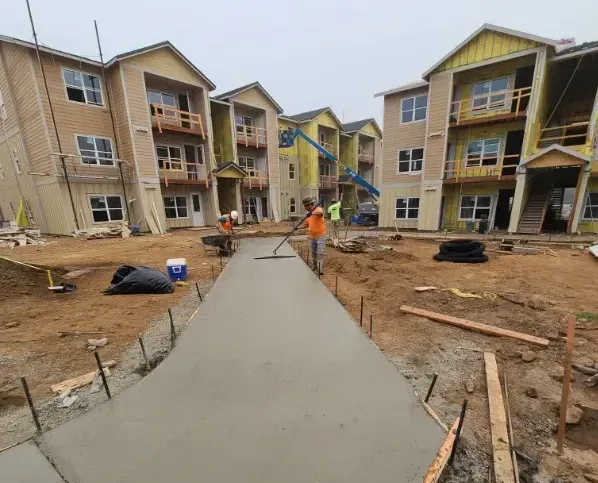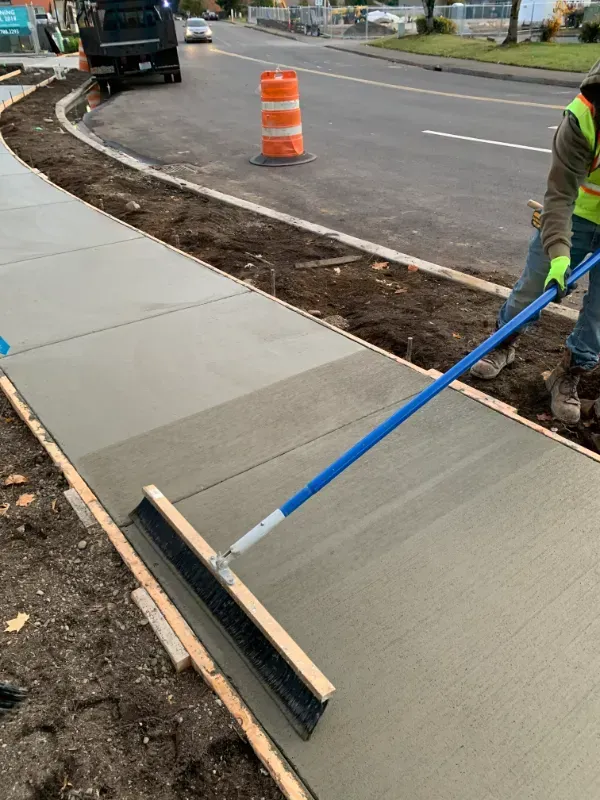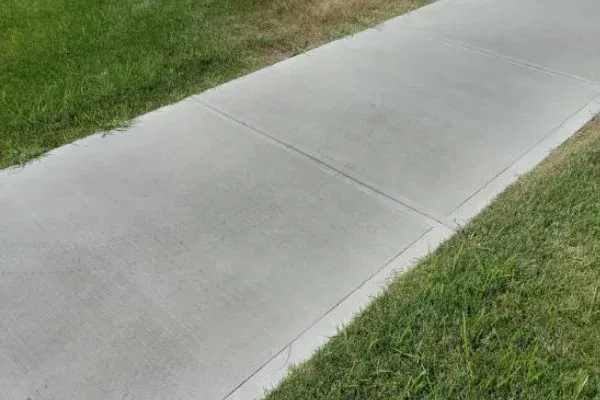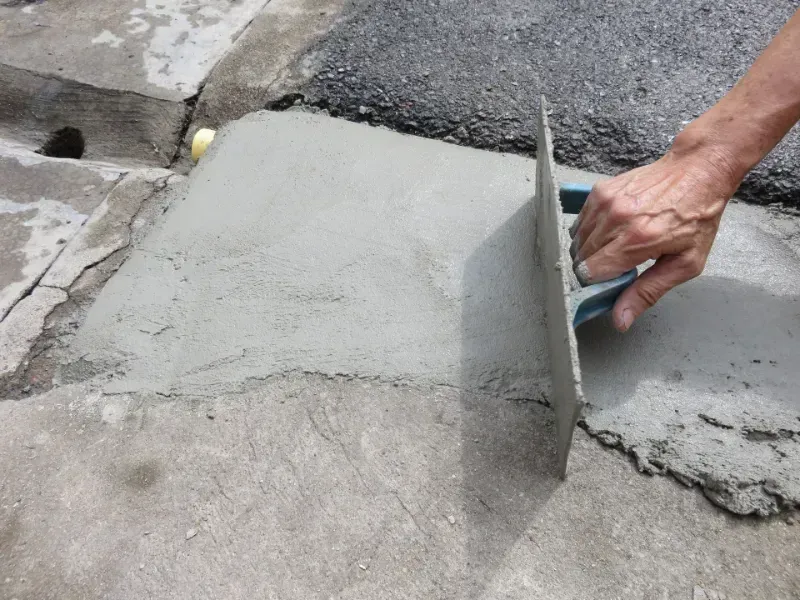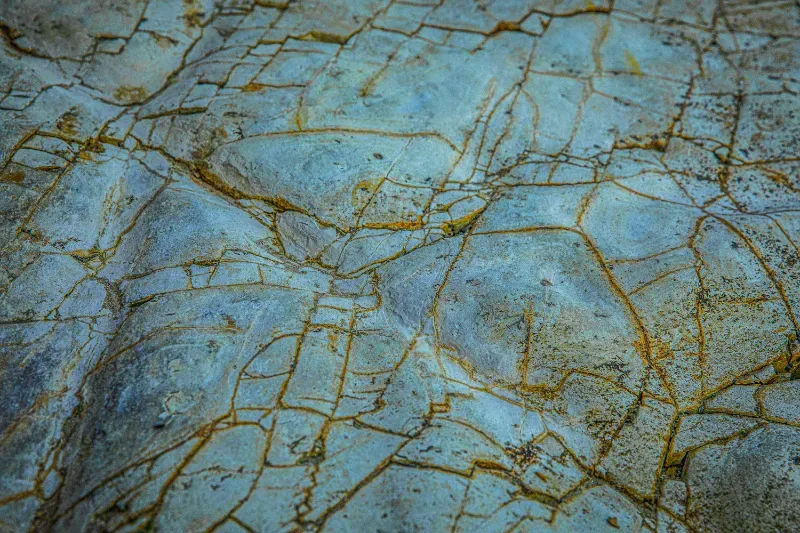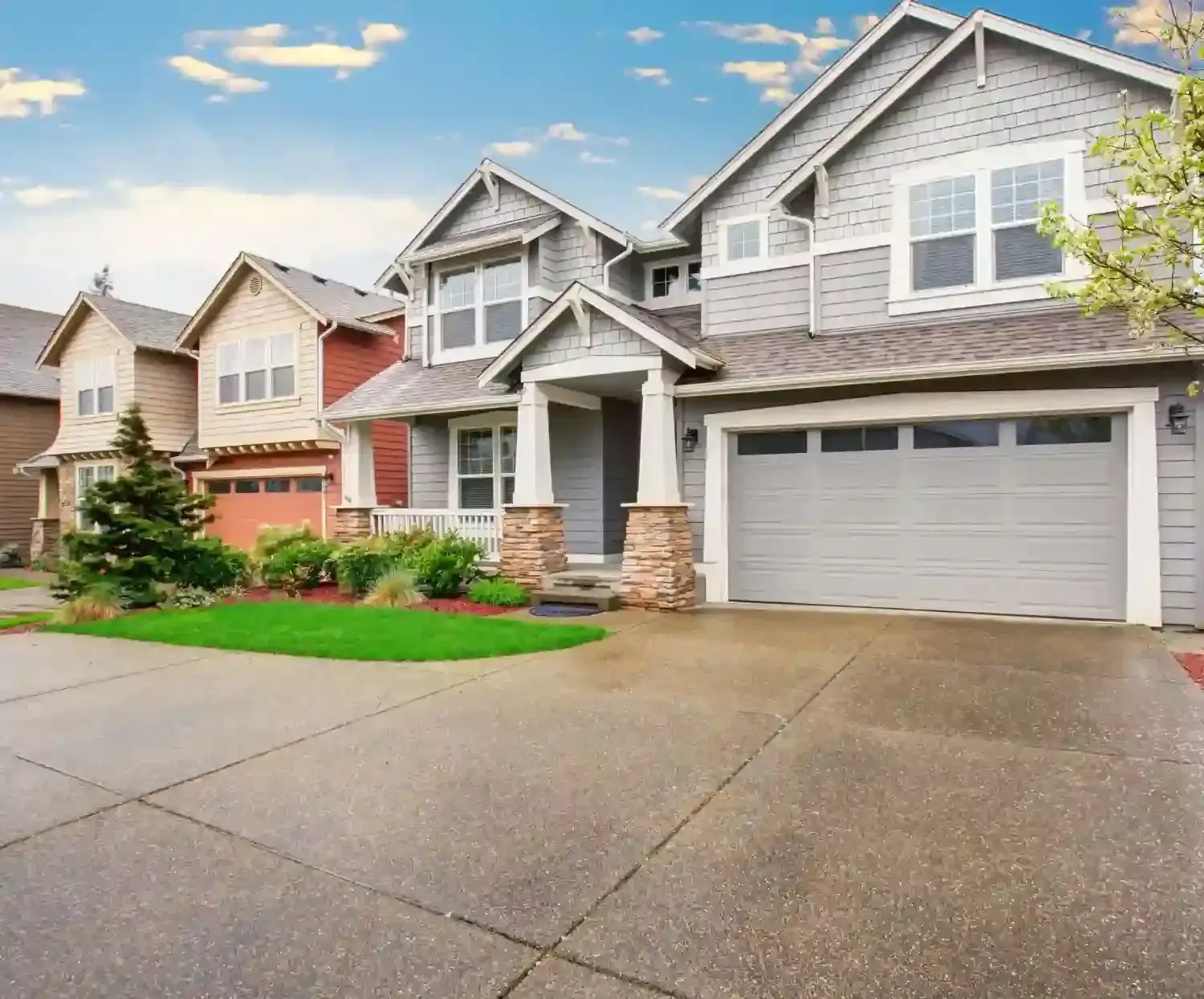How Long Concrete Foundations Last (and When to Worry)
How Long Does a Concrete Foundation Really Last?
A solid concrete foundation can stand strong for 80 to 100 years—or even longer if it’s taken care of properly. That’s great news if you’re building or living in a home with a solid structure beneath it. But just like anything else exposed to weather, moisture, and shifting ground, it needs the right conditions to reach that full lifespan.
The type of concrete, the soil it sits on, and how well it's maintained all play a role. If everything goes right, your concrete foundation will outlive most of the other materials in your home. But if things go wrong—like too much water in the soil—it can weaken faster than expected. Proper maintenance, like redirecting water and fixing cracks early, helps you get the full benefit of that long-lasting strength.
What Makes a Foundation Last Longer?
Think of your concrete foundation like the base of a cake—if it’s solid and stable, everything on top stays in place. What helps it stay strong? Proper drainage, quality materials, and expert installation go a long way.
Keeping water away from your foundation is one of the best things you can do. Keep those gutters clean, angle your yard so water flows away from your home, and extend your downspouts to direct water far from your foundation. These little habits can make a big difference over the years. Also, keeping nearby trees trimmed and away from the home helps prevent roots from shifting or cracking your concrete.
The Hidden Role of Soil in Foundation Health
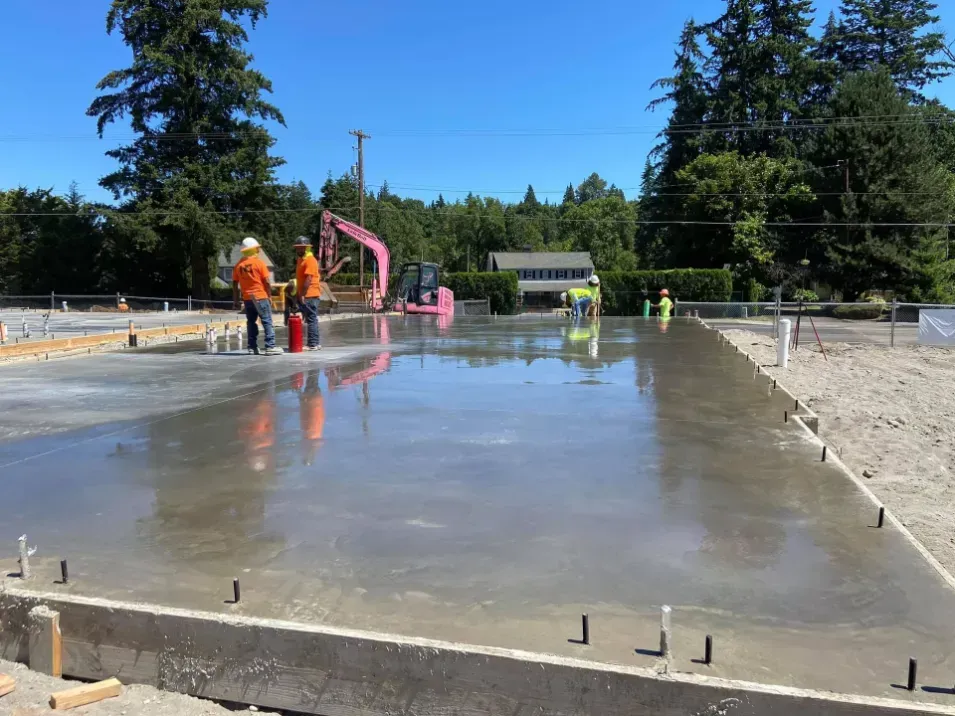
The type of soil under your home matters more than most people realize. Some soils, like sandy or well-draining types, are kind to your concrete foundation. Others—especially heavy clay or constantly wet soil—can shift, swell, or shrink, putting stress on your foundation.
If your soil holds water like a sponge, that extra moisture can slowly break down the concrete over time. That’s why builders test soil before pouring a foundation. The ground underneath is just as important as the concrete itself. You may also need to invest in special footing designs or soil stabilization if your property has unstable or expansive soil.
How Moisture Impacts Your Foundation Over Time
Water might seem harmless, but it’s one of the sneakiest threats to your concrete foundation. When water sticks around too long—especially after heavy rains or due to poor drainage—it starts to seep into tiny pores in the concrete. Bit by bit, that trapped moisture breaks down your foundation from within.
When soil gets soaked and dries again, it swells and shrinks—pushing and pulling on your foundation until cracks and shifts start to show. If you live in a rainy area or near high water tables, it's even more important to keep water under control. Installing sump pumps, waterproof coatings, or landscape grading may be worth the investment to keep moisture issues in check.
Smart Ways to Shield Your Foundation from Water Damage
Keeping your concrete foundation dry is one of the easiest ways to extend its life. Start with the basics: clean your gutters regularly, make sure downspouts point away from the house, and check for low spots where water might pool.
You can also consider a French drain system or foundation waterproofing if you live in an area with heavy rain or clay soil. A little moisture control now saves a lot of trouble later. Seasonal checks around the perimeter of your home can also help you spot potential water hazards before they turn into major issues.
Early Warning Signs of Foundation Trouble
Most foundation problems start small, and if you catch them early, they’re easier and cheaper to fix. One of the first signs is often cracks in walls or floors. These cracks might start small, but they can get bigger if ignored.
Other early clues include uneven floors, sticking doors, or gaps around windows. If things just feel “off” in parts of your house, don’t ignore it. Your home might be trying to tell you that your concrete foundation needs attention. You may even notice baseboards pulling away or floors feeling bouncy—subtle signs that can be easy to miss if you're not looking.
Cracks: Which Ones Are Normal and Which to Worry About
Not all cracks are cause for concern. Tiny cracks under 1/8 inch wide are often nothing to worry about—they’re just part of the natural settling process, especially in newer houses. These can be monitored or sealed without much worry.
But if you see wider cracks, cracks that run diagonally, or ones that keep growing, it’s time to look deeper. These can signal shifting or structural issues. Cracks that let water in or appear near windows or doors should be looked at by a professional. Also, any horizontal cracks or stair-step patterns in concrete blocks are more serious and often signal structural pressure.
Doors and Windows That Stick? It Might Be Your Foundation
Have you ever had a door that suddenly doesn’t close right or a window that sticks out of nowhere? It might be your foundation shifting beneath the surface. As a concrete foundation shifts, it takes the frame of your home with it, causing doors and windows to misalign.
Of course, humidity or paint buildup can also cause sticking—but when paired with other issues like cracks or uneven floors, it could mean your foundation is settling in ways it shouldn’t. Pay attention to those small annoyances—they often have bigger stories behind them. Don’t forget to check exterior doors too—if you see gaps at the top or bottom, the problem may be beneath your feet.
The Cost of Ignoring Foundation Problems
Here’s the reality: foundation issues don’t fix themselves—they only get worse over time. They only get worse—and more expensive. A small crack today could turn into major structural repairs down the road if left untreated.
Beyond just the repair cost, ignoring foundation issues can lower your home’s value, increase energy bills due to poor insulation, and cause damage to flooring, plumbing, or drywall. Fixing problems early is always the cheaper, smarter move. Preventing damage now means less mess, less stress, and a safer home overall.
Signs It’s Time to Bring in a Foundation Expert
Sometimes it's hard to know whether you're looking at a small quirk or a serious issue. That’s when it’s smart to bring in a pro. Foundation specialists like Nava Concrete can tell if your concrete foundation has structural problems or just needs a few repairs.
We’ve helped homeowners across Vancouver, WA protect and repair their concrete foundations with care and precision. If you’re starting to see signs of foundation wear—or just want peace of mind—give us a call at (360) 721-8093 and let’s make sure your home is standing strong for years to come.
